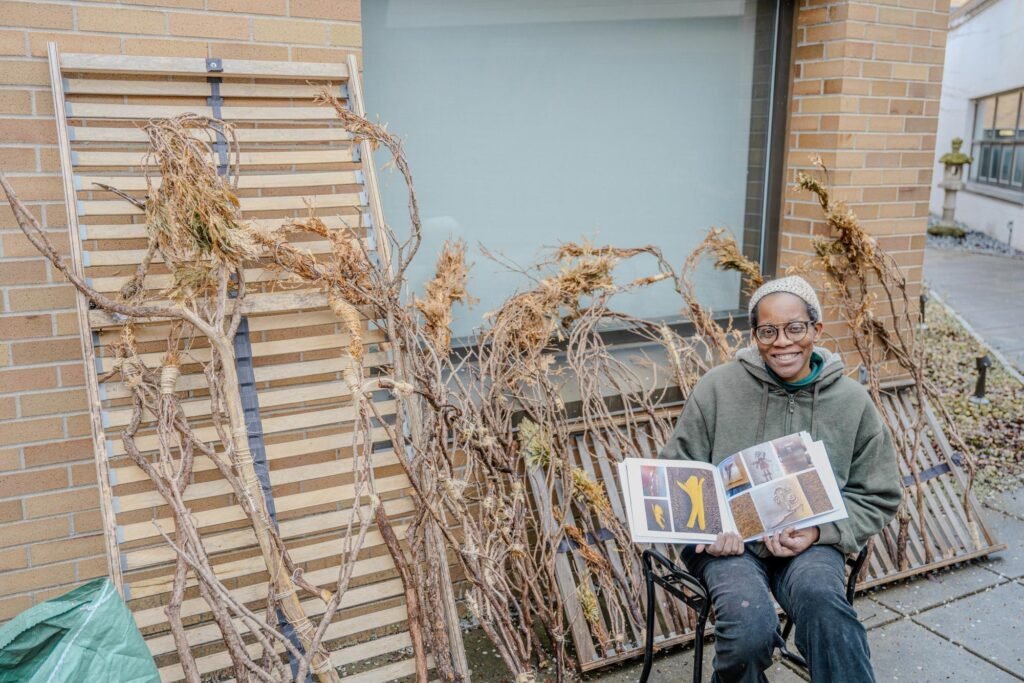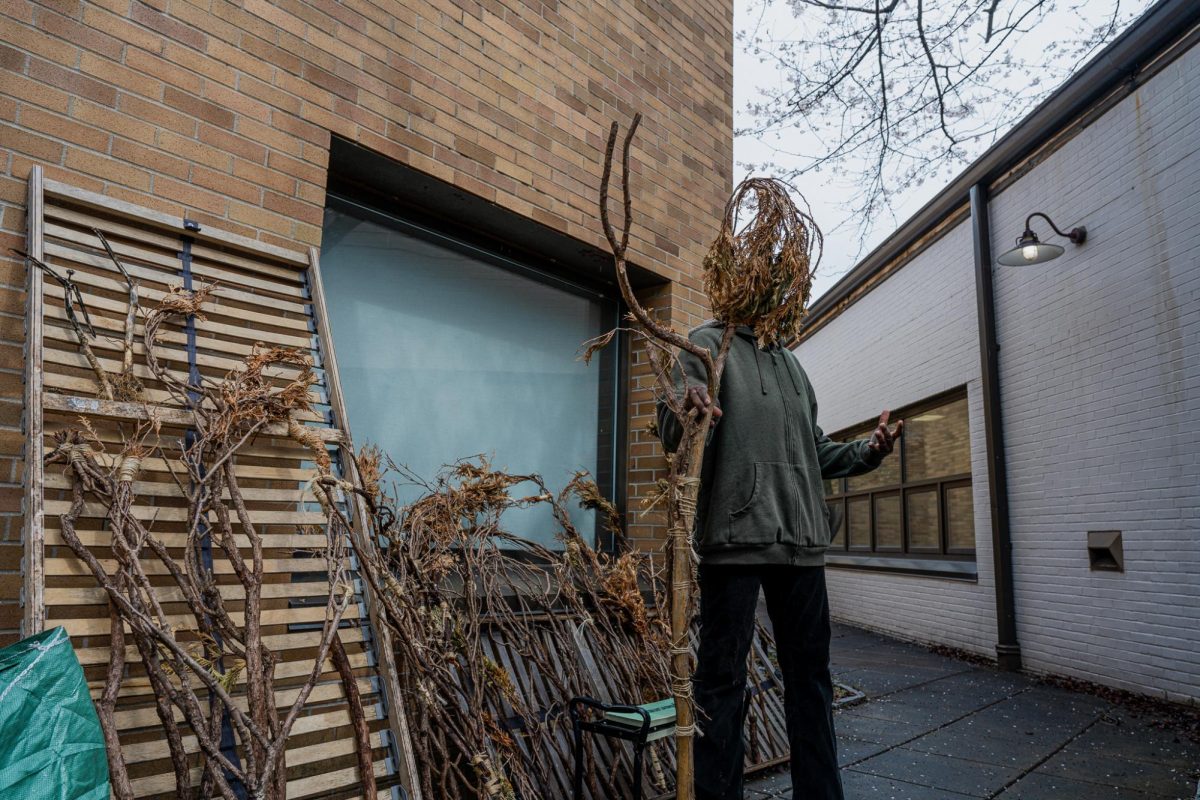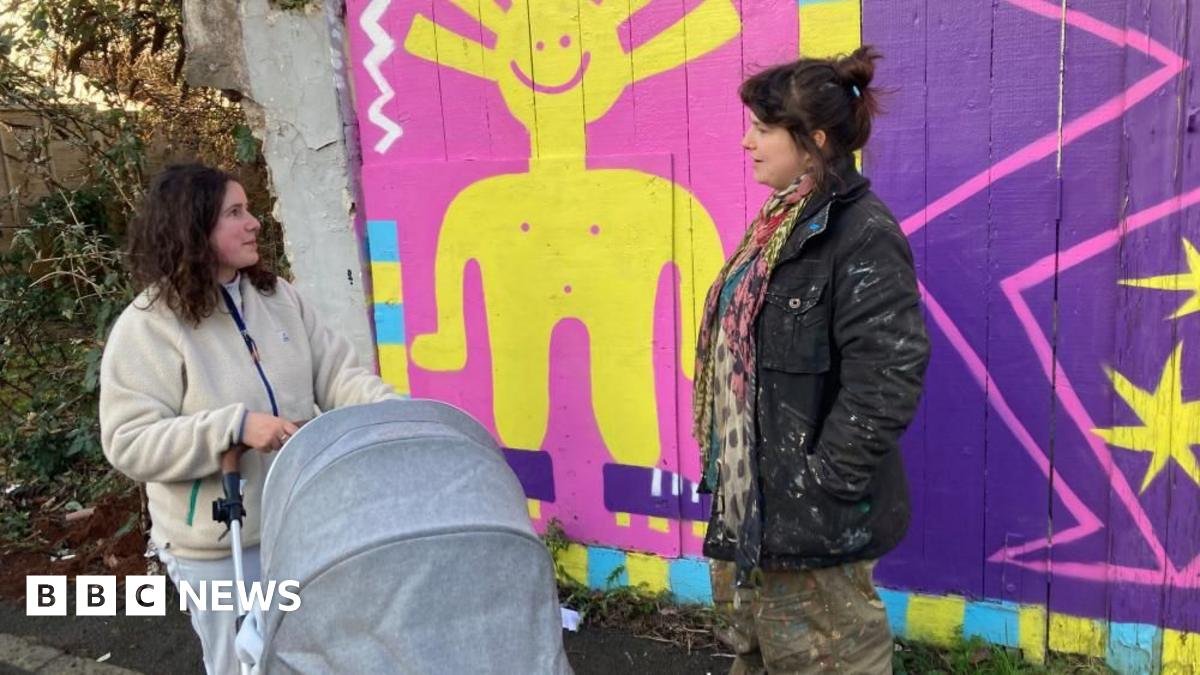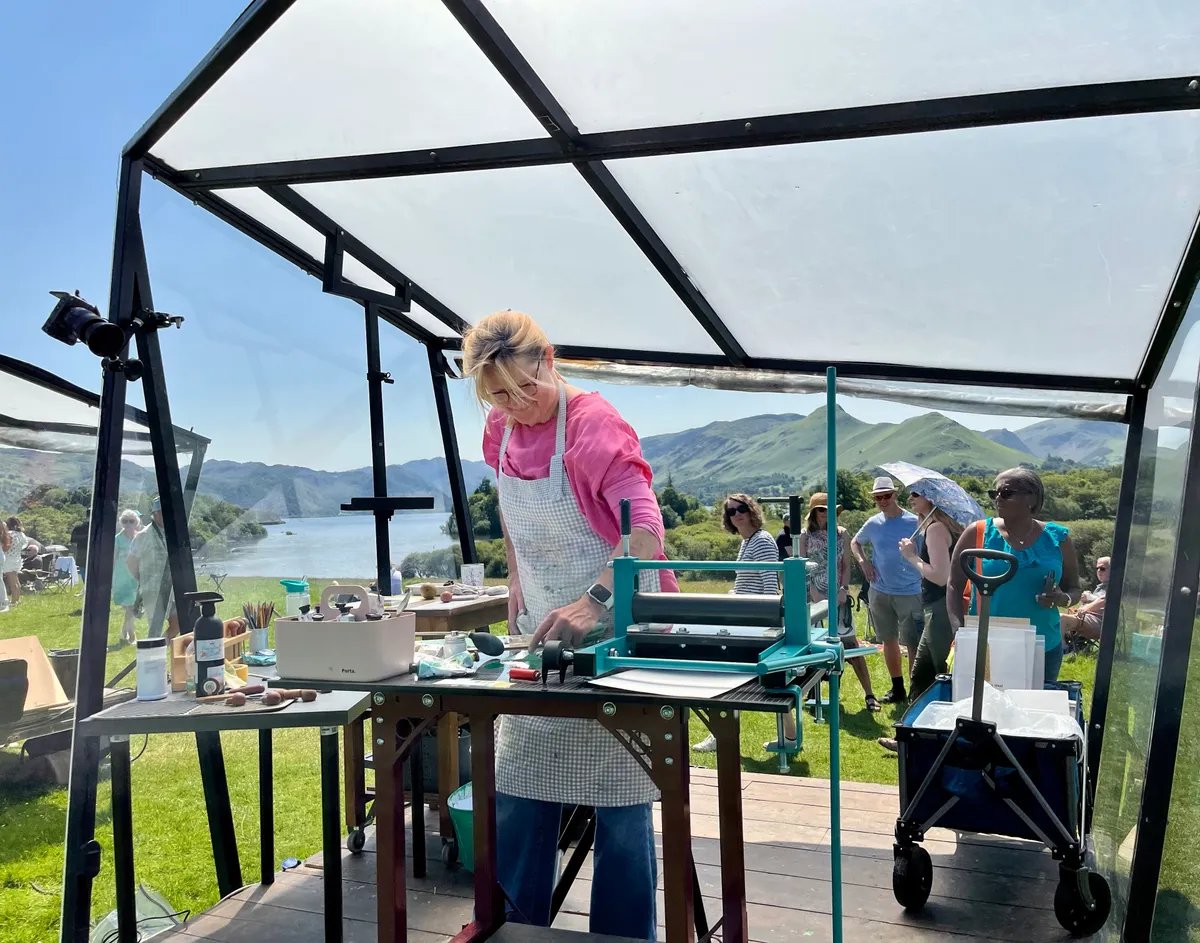Meadows said she’s encountered some challenges with her daughter’s school, as she also has a disability. From these experiences, Meadows has learned to advocate not only for herself and her daughter but for fellow BGSU students.
In addition, Meadows said if she requests something but doesn’t receive it, she advocates for her own needs, something that she wishes students knew they could do as well.
“If I asked for something and I can’t get what I need, then I escalate, and I just think that most students don’t understand that they have the power as humans to ask for assistance, and if you don’t receive the particular assistance you’re supposed to receive from the particular agencies or divisions that are supposed to give it to you, then you escalate,” said Meadows.
She said even when things become tough, she stands behind her decisions.
“The escalation process is ugly, and it makes you feel like—you don’t want to get somebody in trouble, and you don’t want to get somebody fired. They’re not going to get fired. What’s going to happen is there’s going to be a review and retraining but no one’s getting fired over this,” said Meadows.
Further, she said she’s advocated on behalf of students, which she thinks may have something to do with her experience being a mother.
“There’s a fear that you’ll get someone in trouble, so students don’t want to advocate for themselves, so they’ll tell me because I’m their mom’s age and then I’m advocating for them and I’m saying, ‘Hey what can we do? This person has this issue,” said Meadows. “I’ve asked them to speak with administration, and you have to teach people how to advocate for themselves when they weren’t taught by their parents, or they just didn’t know that they would have to advocate.”
Meadows also said there is a large percentage of students who may be fearful of missing class when they need to.
“People who are shy, people who have anxiety disorders, people who have depression issues, people are terrified to miss classes because they’ll be marked absent,” said Meadows. “Well, if you’re having a crisis, you shouldn’t be marked absent, but there’s a process you have to go through, you have to notify people, and it’s embarrassing to have a mental health crisis or have a physical crisis.”
Though some may wonder why Meadows is so passionate and outspoken about these types of issues, she said she feels like she needs to be.
“I feel like I have been given an opportunity and a voice to speak up,” she said. “I don’t always have the self-esteem necessarily to feel like I’m that important, so I tend to talk to people the way I wish someone had spoken to me about these subjects.”
She said you simply have to stand up.
“I’m advocating for students who don’t understand what the process is—they don’t understand it,” said Meadows. “If you don’t speak up, your needs will be ignored, you have to speak up, you have to advocate for yourself, and you have to advocate for others.”
Lastly, she said it’s still important to advocate, even when it becomes uncomfortable.
“It’s uncomfortable, it makes you stand out, it makes you feel like a target, and it might actually make you a target,” said Meadows.







